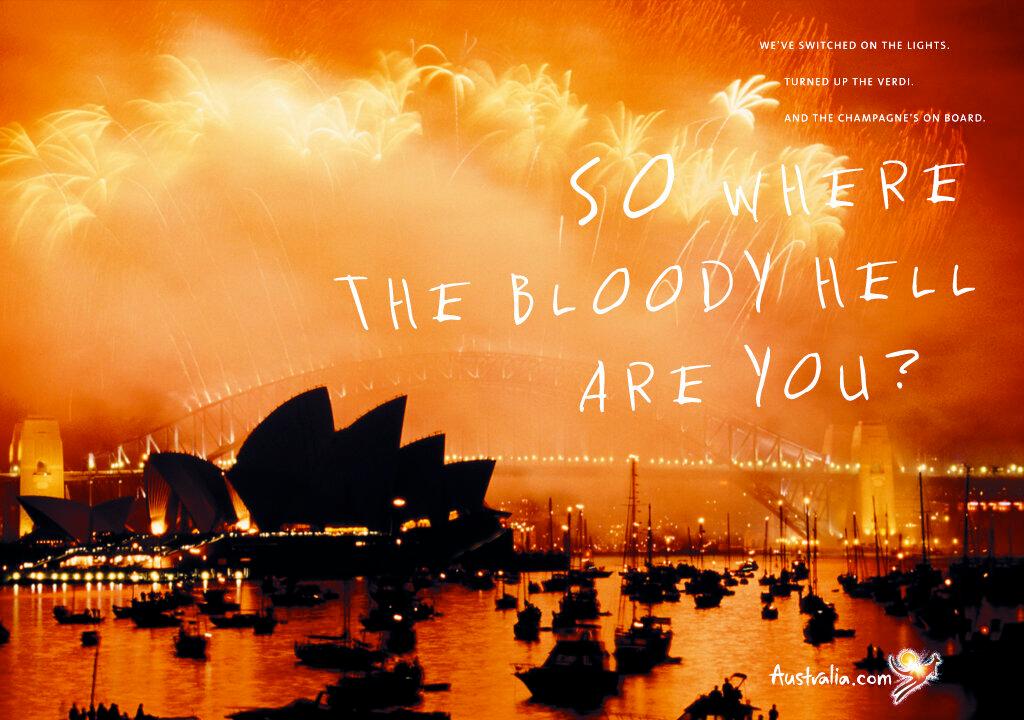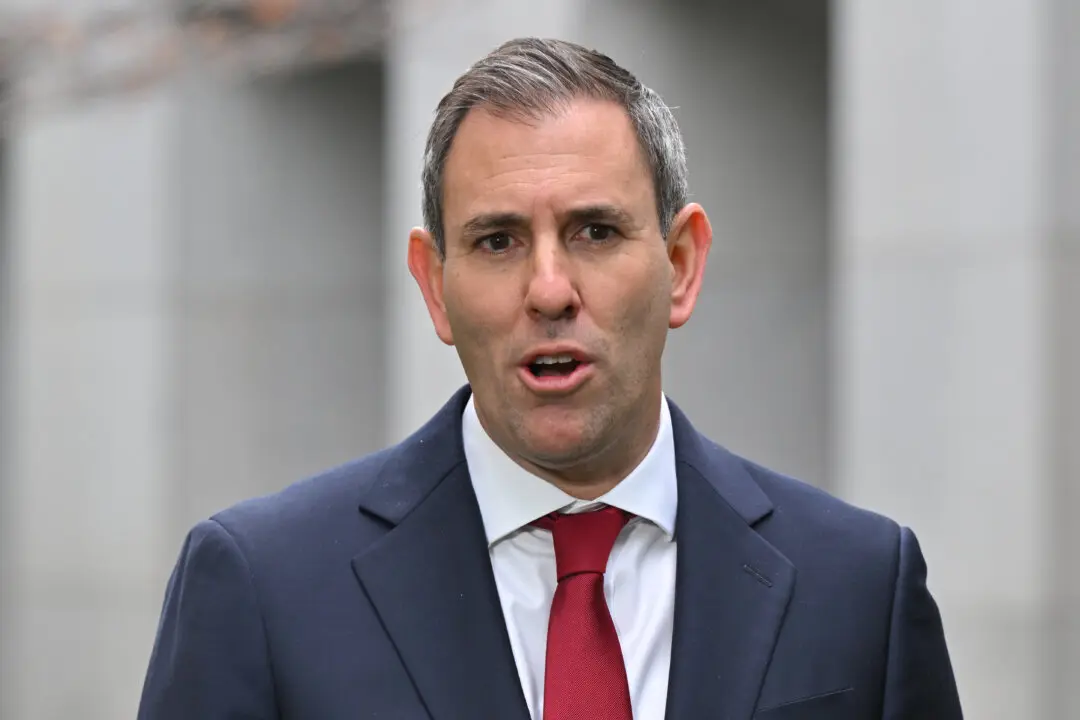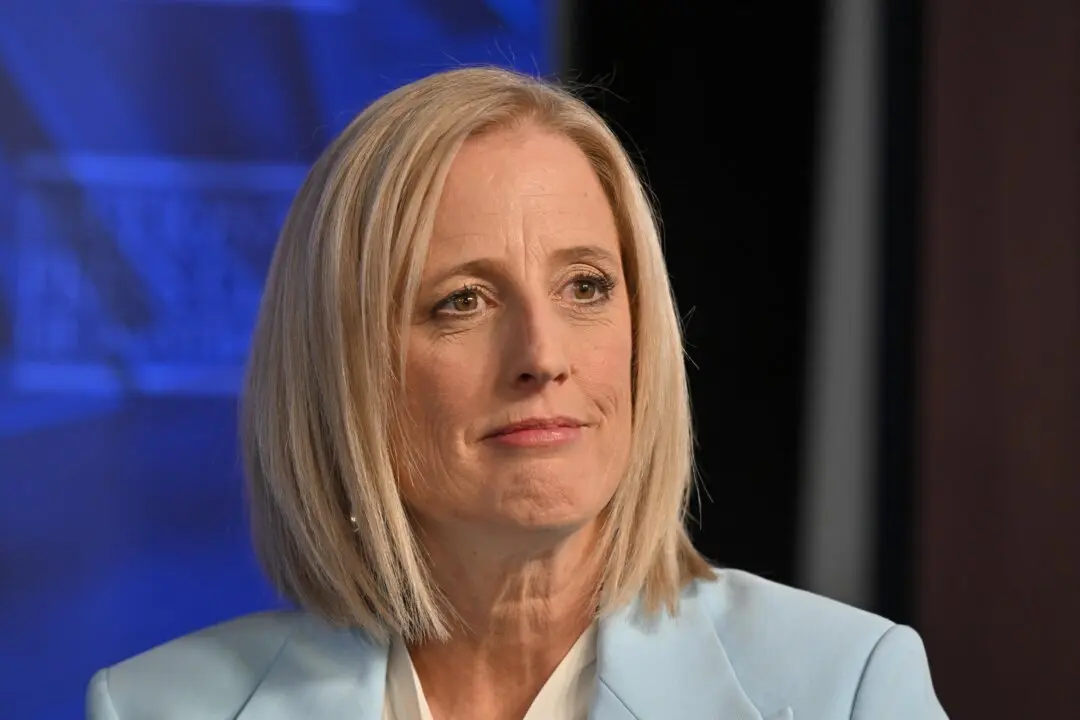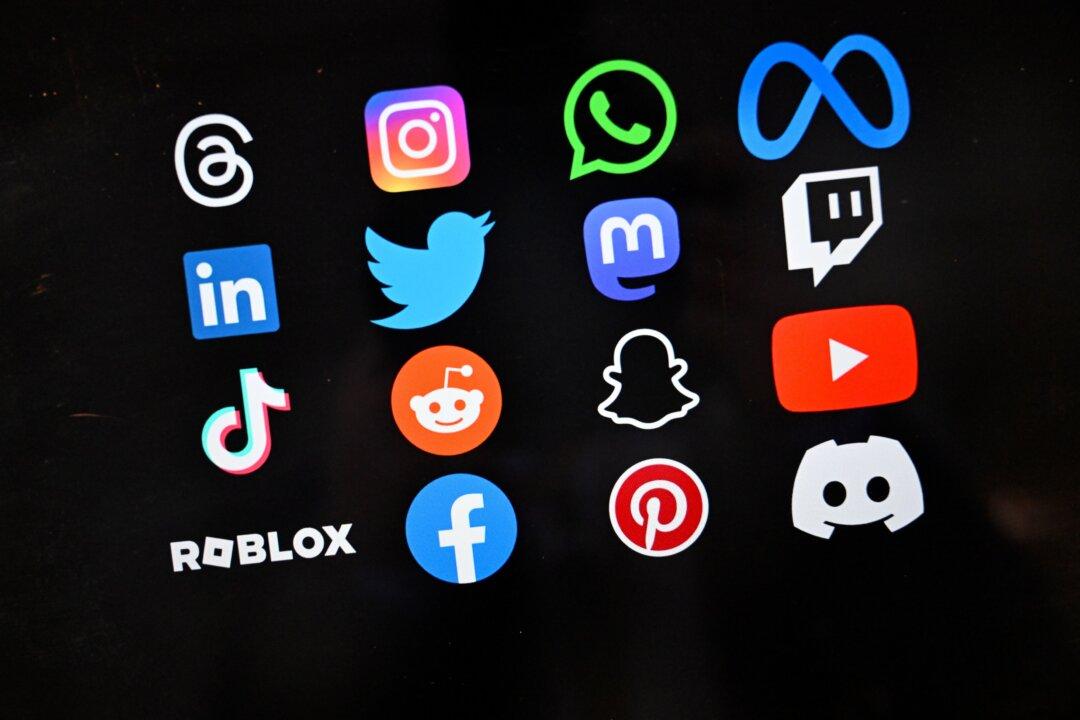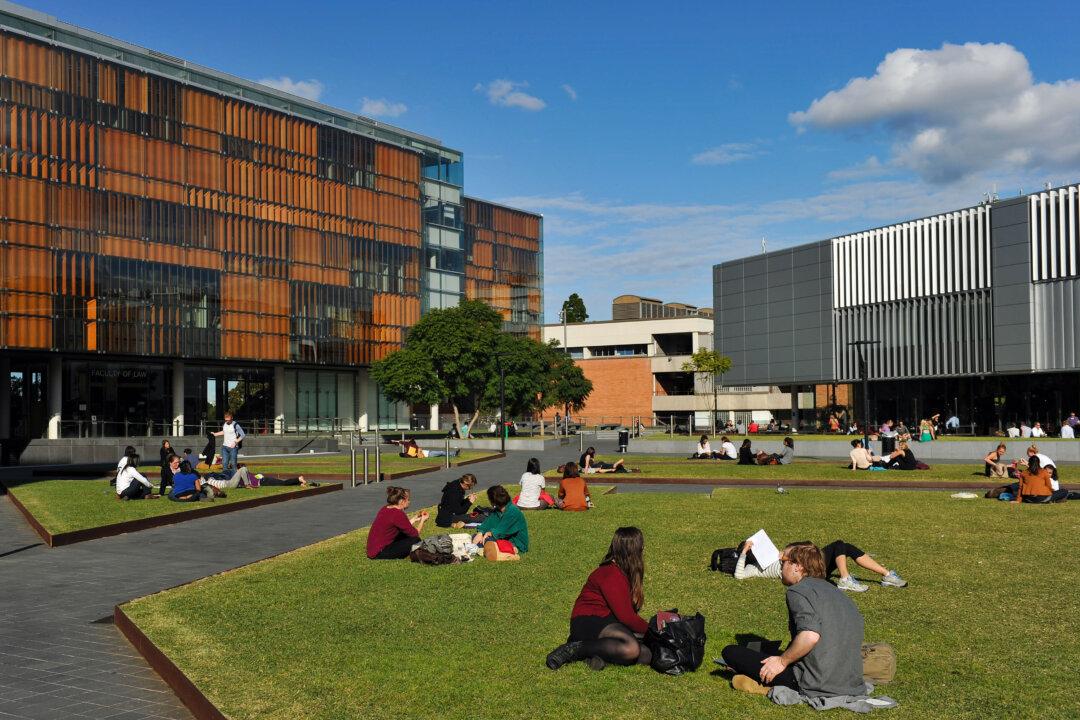Despite their reputation for colourful language, Australians are more restrained than their American and British counterparts when it comes to swearing online, according to new research led by the University of Queensland.
The study analysed over 1.7 billion words of digital content across 20 English-speaking countries. Researchers sifted through blogs, forums, and social media to examine how often vulgar words appeared in written online communication.
